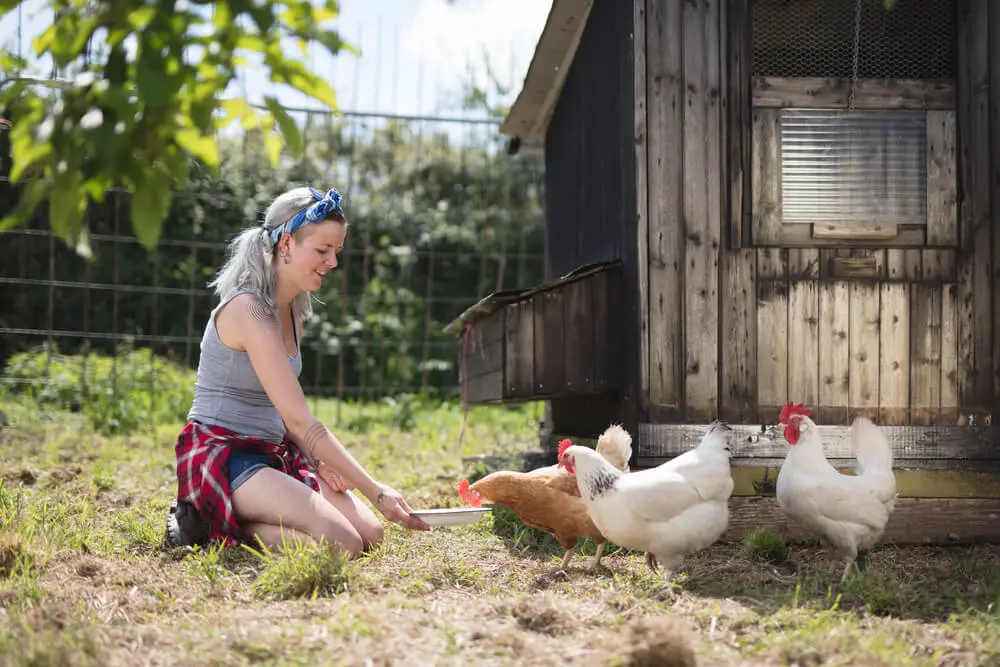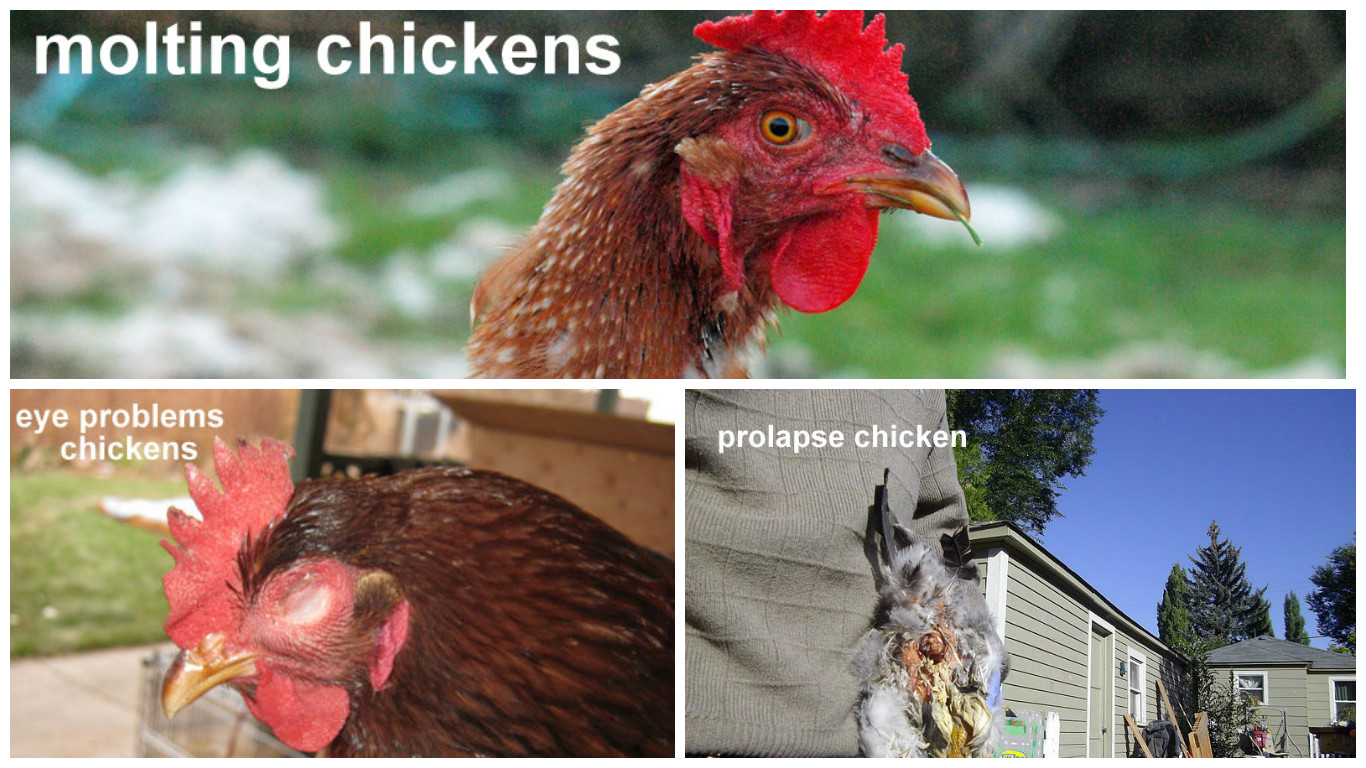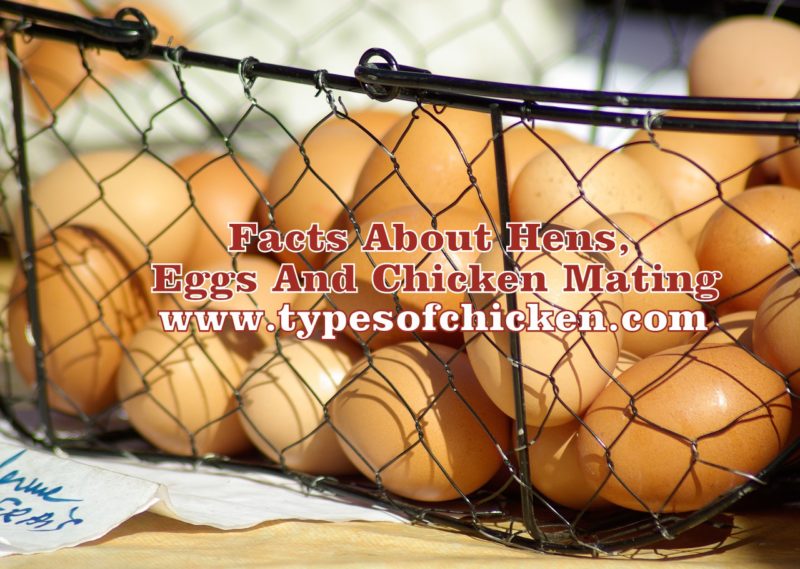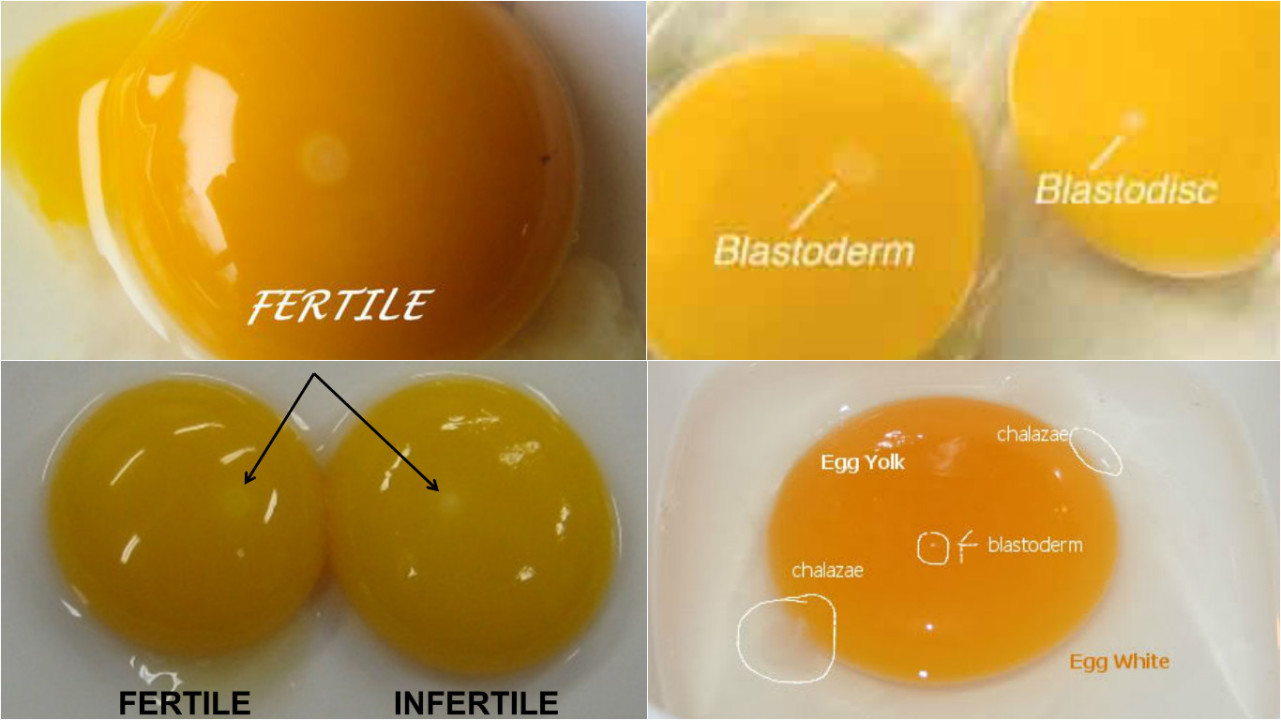Chickens are very prone to illnesses and that is no secret. Especially when weather changes occur you can surely expect that the chances of your flock getting sick are bigger than before. Many experienced chicken keepers are aware of this fact and have gone deeper in the subject by analyzing and taking notes of the most common chicken diseases and the symptoms for the same.
eggs
20 Useful Facts About Hens, Eggs And Chicken Mating!
We at the typesofchicken.com team spend a lot of time researching the subject of our upcoming articles.
While doing that research we often stumble upon pieces of information that we don’t have room for in our articles so we just keep them – interesting facts about the process of chicken keeping and chickens in general. This is the second time we have collected a bunch of facts for our readers, some time ago we gave you 40 amazing facts about chickens and now it is time for us to give you 20 fun and useful facts about hens, eggs and chicken mating.
Fertile and infertile eggs: Differences & Similarities?
Our readers pretty much enjoyed one of our previous articles about the egg yolk color and this made us – the typesofchicken.com team to do a lot of research aimed strongly towards eggs, the color, the ingredients and such.
Going through many pages of information we acquired we found a very interesting question, what is the difference between a fertile and infertile egg?
It took some time but we finally got to do this article, so without any further ado here are all the important differences and similarities between fertile and infertile eggs brought to you by the typesofchicken.com team.
How do chickens reproduce – Breeding Chicken 1.0.1
Ever wondered how do chickens reproduce? The process of chicken reproduction is very important for you regardless if you are using the chicken for your own personal gain or if you plan on breeding them for sale.
You must understand that not every egg can hatch into a chick and that the more information you gain of the reproductive system of chicken the better the results. It’s also important for you to know that even the hen has not been in contact with a rooster a healthy adult hen will lay eggs every 24 to 27 hours. If the hen hasn’t been fertilized by a rooster the eggs will be edible but they will not hatch into chicks.

Shannon Stansberry has been engaged in the business of raising chickens for more than 12 years. In 2016, she accomplished the Agriculture & Natural Resources program at Mt. San Antonio College. At present, she tends to more than 80 chickens on her 4-hectare farm. Shannon regularly shares her insights and experience on how to raise healthy and contented chickens on the platform Typesofchickens.com



